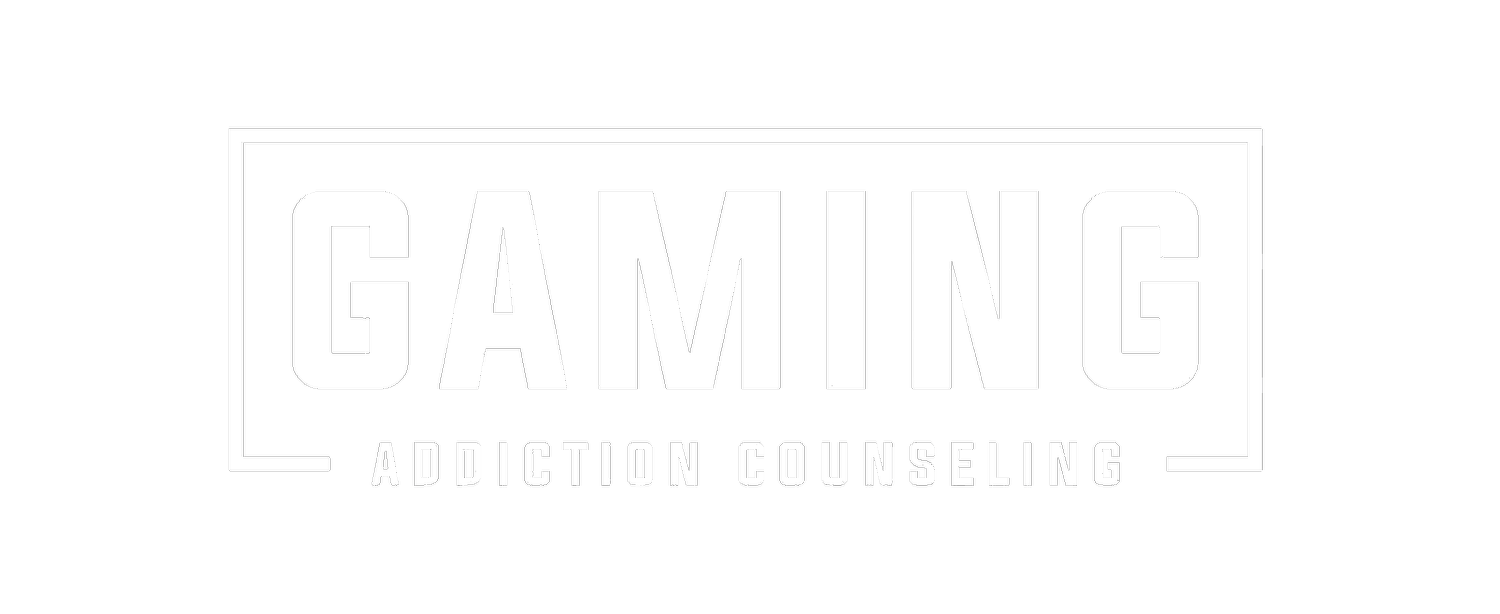The Effects of Toxic Gaming Behavior
Toxic gaming communities are nothing new to the gaming industry. It seems like the more popular and competitive the game, the more toxic the community. Before addressing the toxic communities, let’s get a definition of toxic behavior:
- Overall negative comments
- Physical Threats
- Stalking
- Sustained Harassment
- Hate Speech
- Doxing (publicizing private info)
- Griefing (intentionally using game mechanics to harass players in game)
- Harassment based on race/ethnicity, religion, ability/status, disability, gender and/or sexual orientation
I quit playing League of Legends due to toxic behavior. There are several personal examples to pick from, but this one takes the cake. I was playing jungle Warwick and the opposing jungler was Amumu. For those who don’t know, junglers battle for resources at the beginning of the game. Between a one-on-one involving Warwick and Amumu, things normally go the way of Warwick. Unfortunately for my jungling opponent, I kept finding him by accident, and killing him… many, many times. Junglers never have to find each other, but the lack of resources makes an encounter between junglers probable. He started telling me off about how I suck and how he hates me, and I would reply back, “No big deal, it’s just a game…” Eventually, one kill became to many for my opponent and he told me, “…I’m going to find you IRL (in real life) and rape your mom…”. After that game, I thought to myself, “I don’t want to do this anymore, this isn’t fun…” I was done with League after that (and several other similar experiences). Apparently, I’m not the only one who has quit because of this.
According to a 2020 survey conducted by the Antidefamation League, about 22% of players stopped playing specific games due to their hostile environment. These games included DOTA 2, Call of Duty, League of Legends (really?) Fortnite, Grand Theft Auto, and Valorant. The survey also revealed that 95% of people reported having positive online experiences; however, 68% of players had experienced abuse akin to physical threats, stalking and sustained harassment. In general, 81% of players reported having been on the receiving end of some kind of harassment. With the prevalence of toxic behavior so high, what are the effects these behaviors have on players, and are they long lasting?
Well, as stated before, many just decide to quit the game, but there are effects that last beyond the game. 16% of gamers who experienced harassment reportedly became less social, and 14% became more isolated. 12% took steps to reduce risk of safety to themselves, and 11% had depressive or suicidal thoughts after experiencing harassment. This survey poses some shocking responses by the participants, and definitely show toxic culture run amok in video games.
The survey report concludes by suggesting the video game companies have stronger moderation in communication within games about hate speech and harassment, and for the government to provide oversight. We may be a long way out from gaming companies exercising that kind of control over communication. The best gamers have are reporting features which in some cases may work for punishment on harassers, but they don’t stop the damage that occurs initially. So, if you know that toxic behavior is especially troubling for you, don’t stay in a place that will cause you pain. GET OUT! Find a better game, at least until the environment gets better. If this is the case, here are games you may want to avoid known for their toxic gaming communities:
- Overwatch
- Hearthstone
- Rocket League
- Call of Duty
- Fortnite
- Halo
- Counterstrike: GO
- Dota 2
- League of Legends (My Favorite)
- Minecraft
If you know someone who enjoys flaming and harassing others, call them out for it because you might stop some damage, at least in that game. And if you are someone who doesn’t mind indulging in spreading the toxic behavior, know that your words go further than you think. You may be the person who pushes another player beyond their limit.


